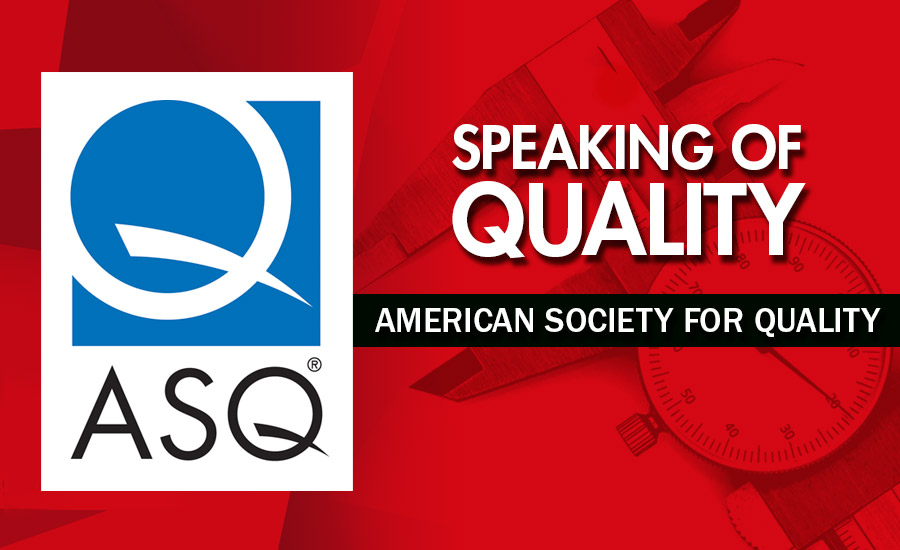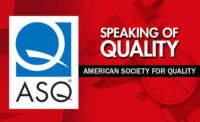One day in second grade, I was at school waiting in line when a third grader walked past wearing a Cub Scout uniform. What caught my attention was a pocketknife dandling from a brass clip on his belt. Wow! What seven-year-old boy wouldn’t want a pocketknife? So I joined Cub Scouts as soon as I was able. I vividly recall shopping with my mother for a uniform; she bought me a blue shirt, blue slacks, a blue cap, a yellow neckerchief with a neckerchief slide, and most importantly a belt with that brass clip. However, even though I explained that a pocketknife was essential, I left the store as the saddest scout ever.
What followed was ten years of scouting. I eventually got a pocketknife but I stayed in scouting because it was fun. Along the way I learned a lot of skills (knot tying, how to build a fire, etc.) but more importantly the scout oath and law helped me develop my personal core values. Core values define a person’s or organization’s identity and help with their decision-making process; these values are the essence of who I am and how I act. My moral compass has guided me well and it is a key reason I am where I am today. Development of my core values began during my youth but has been honed through my thirty plus years as an ASQ member.
Whether a company is in a regulated industry or not, they and their employees will undoubtedly face ethical dilemmas.
ASQ helps quality professionals advance their knowledge and careers through publications, conferences, education courses, and certifications. It is a professional society composed of members located throughout the world who are bound together through ASQ’s Code of Ethics: its core values. The purpose of the Code of Ethics is to establish global standards of conduct and behavior for its members, certification holders, and anyone else who may represent or be perceived to represent ASQ. ASQ requires its representatives to be honest and transparent; avoid conflicts of interest and plagiarism; do not harm others; treat them with respect, dignity, and fairness; be professional and socially responsible; and advance the role and perception of the quality professional.
Expectations of a quality professional are as follows:
- Act With Integrity And Honesty
- Strive to uphold and advance the integrity, honor, and dignity of the quality profession.
- Be truthful and transparent in all professional interactions and activities.
- Execute professional responsibilities and make decisions in an objective, factual, and fully informed manner.
- Accurately represent and do not mislead others regarding professional qualifications, including education, titles, affiliations, and certifications.
- Offer services, provide advice, and undertake assignments only in your areas of competence, expertise, and training.
- Demonstrate Responsibility, Respect, And Fairness
- Hold paramount the safety, health, and welfare of individuals, the public, and the environment.
- Avoid conduct that unjustly harms or threatens the reputation of the society, its members, or the quality profession.
- Do not intentionally cause harm to others through words or deeds. Treat others fairly, courteously, with dignity, and without prejudice or discrimination.
- Act and conduct business in a professional and socially responsible manner.
- Allow diversity in the opinions and personal lives of others.
- Safeguard Proprietary Information And Avoid Conflicts Of Interest
- Ensure the protection and integrity of confidential information.
- Do not use confidential information for personal gain.
- Fully disclose and avoid any real or perceived conflicts of interest that could reasonably impair objectivity or independence in the service of clients, customers, employers, or the society.
- Give credit where it is due.
- Do not plagiarize. Do not use the intellectual property of others without permission. Document the permission as it is obtained.
ASQ takes its Code of Ethics seriously. Many of ASQ’s certifications include ethics within their body of knowledge. Violations to the Code of Ethics should be reported to the ASQ Professional Ethics and Qualifications Committee; disciplinary action, including revocation of certifications and expulsion from the society, may result.
Whether a company is in a regulated industry or not, they and their employees will undoubtedly face ethical dilemmas. Therefore, it is advisable that there be a code of conduct to provide guidelines when making decisions. A code of conduct defines desired behaviors and thus will help mitigate risk, better ensure compliance and set personal conduct.
Scouting developed my core values and now ASQ and my employer’s code of ethics guide me through my professional career. Hopefully you have been as fortunate as I.


